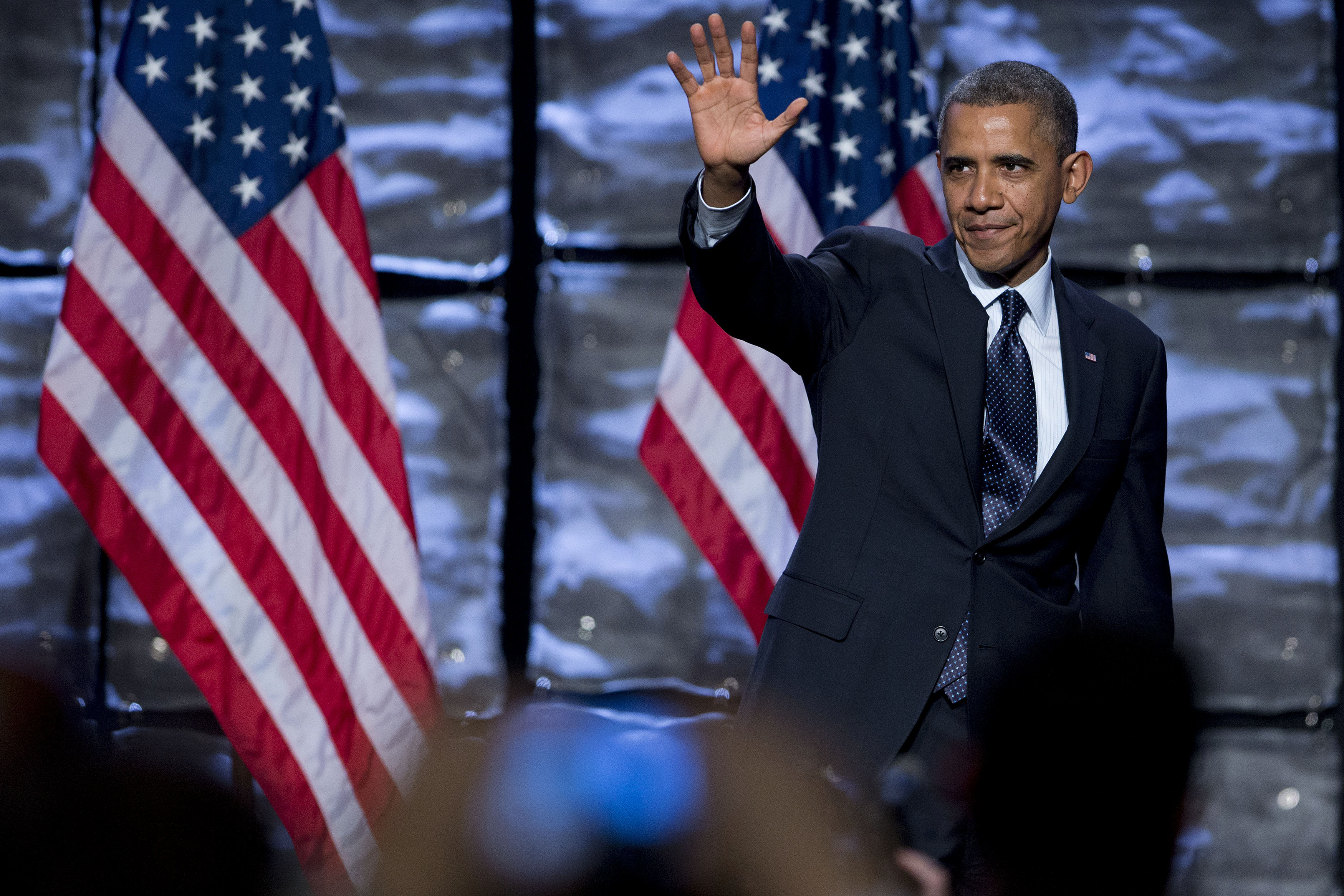Weeks before he was sworn in, President-elect Barack Obama was given an extensive briefing on the secret operations of U.S. spy agencies, as well as a warning: "You need to give up your BlackBerry," Obama was told, according to former officials familiar with the meeting. "If you use that phone, you are not just subject to monitoring — you will be monitored."
Obama was at first not convinced of the danger and kept using the phone for several months, albeit with new encryption technology. But his intelligence chiefs were by then acutely aware of the vulnerability because they had been exploiting it to monitor the calls of German Chancellor Angela Merkel and other foreign leaders for years.
Those penetrations were so abundant — and in some cases so effortless — that they upended a long-standing equilibrium in espionage. Stealing secrets from adversaries, let alone allies, had always been limited by daunting logistics and the risk of what intelligence professionals call blowback — the costs associated with being discovered, whether by allies or enemies. Those Cold War constraints seemed to crumble in the Internet age.



















With your current subscription plan you can comment on stories. However, before writing your first comment, please create a display name in the Profile section of your subscriber account page.